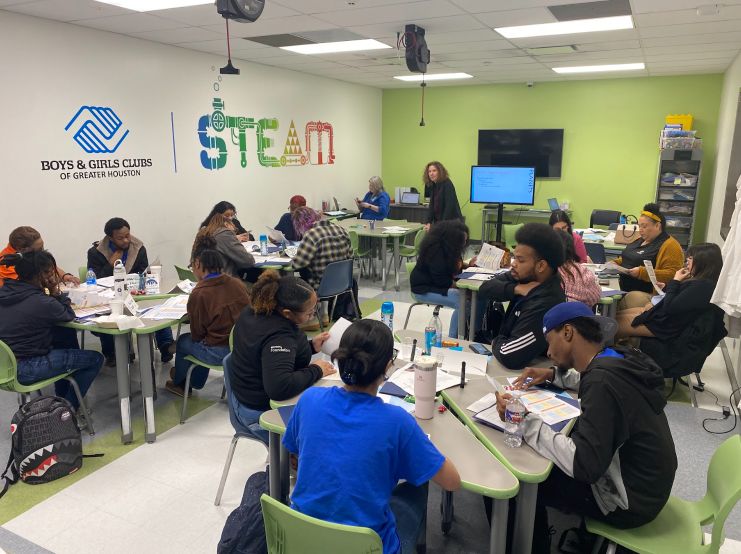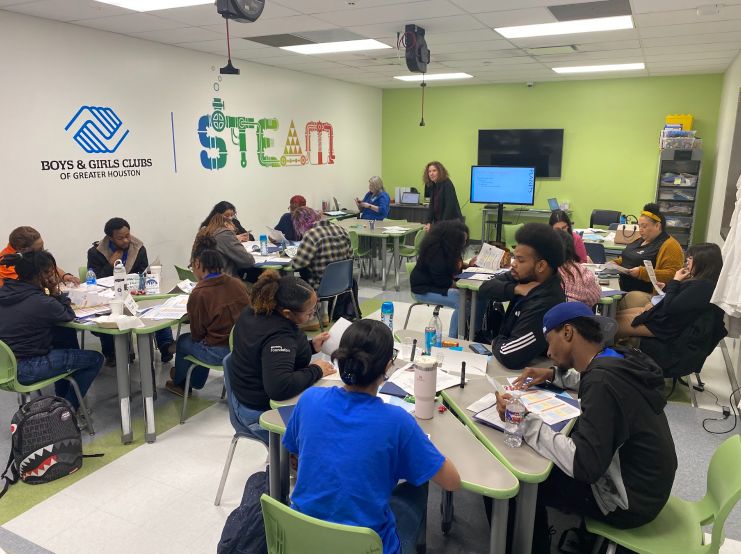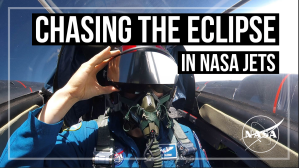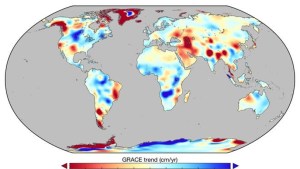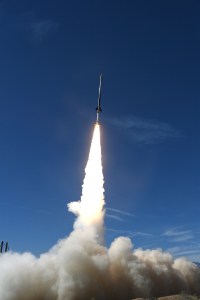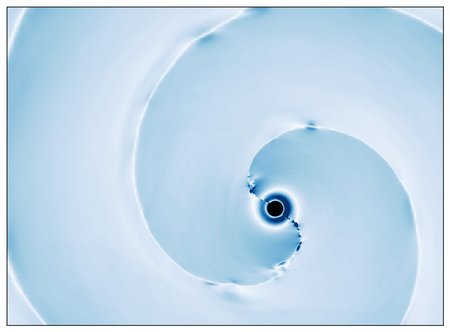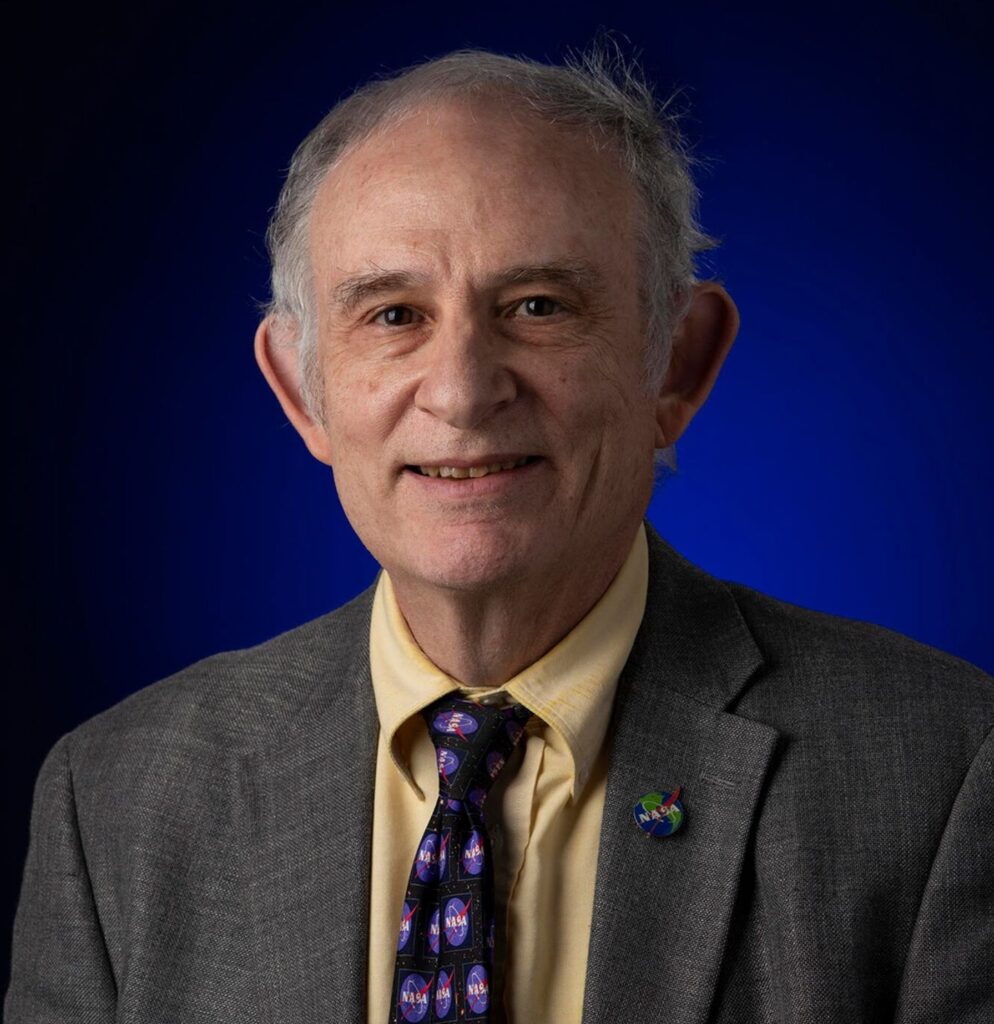3 min read
It Takes a Village: Meaningful Collaborations to Broaden Participation in STEM
The NASA Science Activation Program’s Planetary Learning Advancing the Nexus of Engineering, Technology, and Science (PLANETS) project team, led by Northern Arizona University, Engineering is Elementary, United States Geological Survey (USGS) Astrogeology, and WestEd, develops planetary science and engineering curricula for Out-of-School Time (OST) programs such as afterschool and summer camps. PLANETS is employing a co-design approach to optimize the curricula to broaden participation in Science, Technology, Engineering, and Mathematics (STEM) with a focus on multilingual learners, learners experiencing differing physical abilities, and Indigenous learners.
During February and March 2024, the PLANETS team shared three STEM units at national OST conferences. They presented Increasing Engagement and Relevance in Space Science Activities and exhibited alongside other Science Activation teams (e.g. NASA eClips, STEM Enhancement in Earth Science, My NASA Data, the NASA Heliophysics Education Activation Team, Global Learning & Observations to Benefit the Environment Mission Earth, NASA Earth Science Education Collaborative) at the Space Exploration Educators’ Conference (SEEC) in Houston, TX. This is the seventh year they have presented at SEEC. They also exhibited for the third time at the National Afterschool Association Convention in Dallas, TX, and for the first time at the Beyond School Hours Conference in New Orleans, LA. Prior to these conferences, the PLANETS team facilitated working sessions with 26 OST educators and leaders. The team asked educators to critically analyze and improve the curricula to increase effectiveness and a sense of belonging in STEM to all learners. PLANETS also sought to understand the contexts in which the curricula will be used, in order to design materials that will support educators to implement activities in equitable ways.
One OST Educator Working Session attendee had this to say, “I wish more curriculum creators would reach out and do the same [process] to make sure topics are culturally sensitive and inclusive with end-users in mind. Please keep doing this and make it the norm!”
This co-design approach is important to ensure the curricula will work for the audiences with which they have been developed. PLANETS routinely leverages time at conferences to offer working sessions with local educators to better understand the diversity, challenges, and opportunities of OST environments, such as Boys and Girls Clubs of America. To date, PLANETS has offered 13 working sessions with 126 educators in 10 US cities. Without this co-design approach with a variety of OST educators, there is a risk of developing curricula that sits on a shelf or excludes learners. Through activities working directly with OST educators and with experts in diversity, equity, inclusion, and accessibility, the PLANETS team is optimizing all their STEM units. The final optimized units will be released in 2025.
PLANETS is funded through NASA Cooperative Agreement Notice NNX16AC53A and is a part of NASA’s Science Activation Program. Learn more about PLANETS’ efforts to increase diversity, equity, inclusion, accessibility and belonging in STEM and find opportunities to get involved at https://planets-stem.org/.
